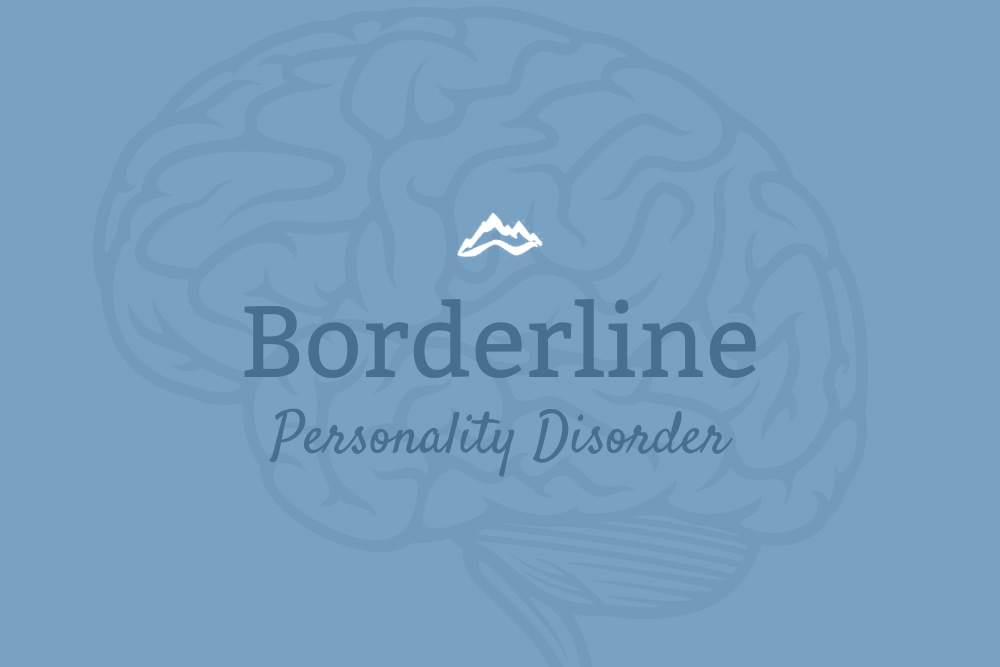Borderline personality disorder is a mental health challenge characterized by relationship difficulties and problems processing emotions. In observation of BPD Awareness Month 2022, how can you determine whether you have BPD, and what steps can you take if you believe you have this condition?
What Is a Personality Disorder?
The term “borderline” in BPD is somewhat misleading, since it comes from a primitive understanding of what this illness entails. The earliest doctors and researchers who studied people with “borderline” personalities concluded their patients were on the brink of developing neuroses or psychotic disorders like schizophrenia.
As our understanding of BPD has evolved, we now know the word “borderline” is an inadequate description, but the mental health community has yet to agree on a more appropriate, accurate alternative.
Red Flags of Borderline Personality Disorder
Every trait that characterizes BPD comes from a facet of your personality. People with BPD have an unstable self-image and struggle to maintain healthy, mutually beneficial long-term relationships.
To determine whether you have BPD, you can review these common characteristics people with borderline personality disorder share.
- Distorted self-image: BPD can cause your sense of self to waver. You may alternate between periods of low self-esteem and high confidence.
- Abandonment issues: People with borderline personality are usually desperate to avoid rejection. In some cases, your efforts to repair damaged relationships can backfire, making them even more tenuous.
- Poor decision-making abilities: If you have borderline personality disorder, you might have trouble following through with realistic plans or feel more comfortable when other people tell you what to do.
- Risky behavior: Impulsivity is also common with BPD, leading people to drive irresponsibly, go into debt, binge on food, drugs or alcohol, have unprotected sex or engage in self-harm.
- Mood swings: Another BPD hallmark is unpredictable moods that fluctuate from one day to the next. You might fly off the handle in response to something minor that wouldn’t bother most people.
- A dual diagnosis: Many people with BPD also have co-occurring mood disorders like depression or anxiety.
Do You Think You Have BPD?
BPD is challenging, but you should know it’s possible to successfully manage this condition. Though there’s no cure, a therapist can teach you ways to reduce and control your symptoms. If you suspect you have BPD, a trained, licensed counselor can introduce you to evidence-based approaches like cognitive behavioral therapy and dialectical behavior therapy. Using these techniques, you’ll learn to identify negative thought patterns and change them to healthier ones. Your therapist can also guide you through complex emotions, improving your self-esteem and self-awareness.
Since borderline personality disorder often co-occurs with other illnesses such as depression and substance abuse, it’s crucial to explore dual-diagnosis treatment to address both conditions simultaneously. At Canyon Crossing, our approach to recovery helps our clients learn to walk through life with grace and integrity. You don’t have to struggle in silence or face your challenges alone. Contact us today to learn more about healing through women’s-only treatment in Prescott, Arizona.



